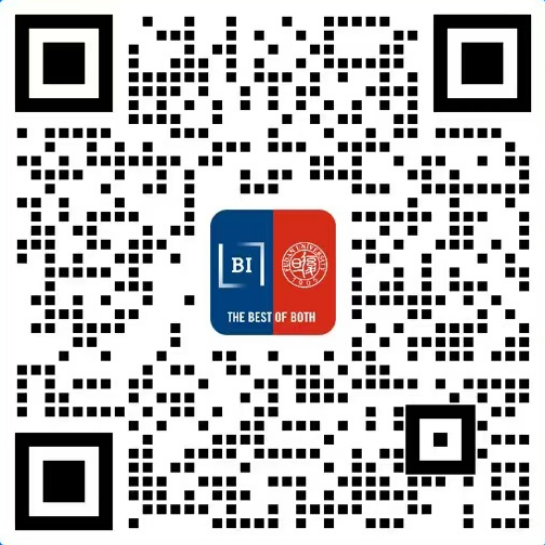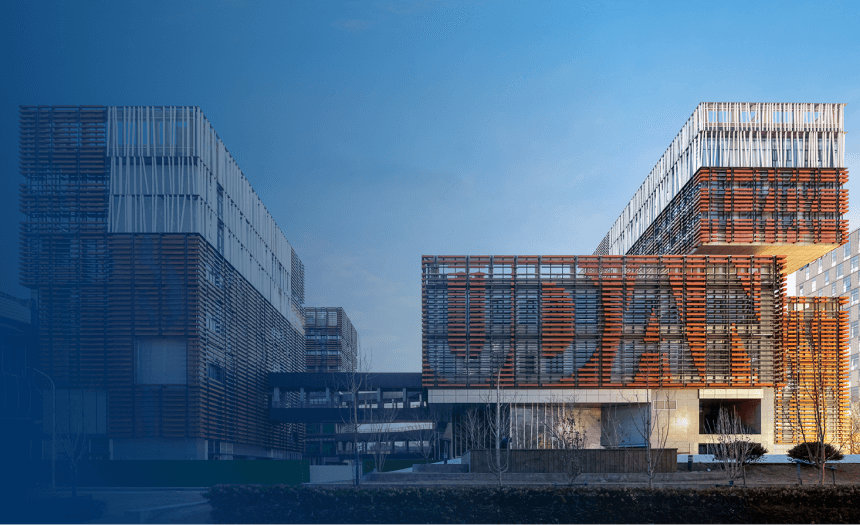Project and Change Management
The World Bank expects about 25 to 30% of all money spent in the World to be spent on projects. A recent global Gartner survey suggests that project management roles are expected to be the fastest-growing position in the coming years. The popularity of 'doing work by projects' is often attributed to the versatility of projects as a mechanism for turning ideas into reality. In other words: to bring about change. A project is a temporary organization embedded in a wider and more permanent organization, which simultaneously prioritizes, selects, plans, and executes many projects, as well as coordinates among them. How is that done, particularly in the digital era? Which units and roles are needed for this and how is it all coordinated? How are projects managed in a traditional, agile or hybrid approach? How are project-based initiatives leveraged for organizational change? How can projects be utilized to initiate change and deliver business value? How Generative AI can be leveraged to achieve these goals? These questions are addressed through project management and change management, which are parallelly practiced in this course by understanding both theoretically through project organizing and change management theory, as well as practically by observing organizational reality.
Project and Change Management
The World Bank expects about 25 to 30% of all money spent in the World to be spent on projects. A recent global Gartner survey suggests that project management roles are expected to be the fastest-growing position in the coming years. The popularity of 'doing work by projects' is often attributed to the versatility of projects as a mechanism for turning ideas into reality. In other words: to bring about change. A project is a temporary organization embedded in a wider and more permanent organization, which simultaneously prioritizes, selects, plans, and executes many projects, as well as coordinates among them. How is that done, particularly in the digital era? Which units and roles are needed for this and how is it all coordinated? How are projects managed in a traditional, agile or hybrid approach? How are project-based initiatives leveraged for organizational change? How can projects be utilized to initiate change and deliver business value? How Generative AI can be leveraged to achieve these goals? These questions are addressed through project management and change management, which are parallelly practiced in this course by understanding both theoretically through project organizing and change management theory, as well as practically by observing organizational reality.
The World Bank expects about 25 to 30% of all money spent in the World to be spent on projects. A recent global Gartner survey suggests that project management roles are expected to be the fastest-growing position in the coming years. The popularity of 'doing work by projects' is often attributed to the versatility of projects as a mechanism for turning ideas into reality. In other words: to bring about change. A project is a temporary organization embedded in a wider and more permanent organization, which simultaneously prioritizes, selects, plans, and executes many projects, as well as coordinates among them. How is that done, particularly in the digital era? Which units and roles are needed for this and how is it all coordinated? How are projects managed in a traditional, agile or hybrid approach? How are project-based initiatives leveraged for organizational change? How can projects be utilized to initiate change and deliver business value? How Generative AI can be leveraged to achieve these goals? These questions are addressed through project management and change management, which are parallelly practiced in this course by understanding both theoretically through project organizing and change management theory, as well as practically by observing organizational reality.

Linzhuo Wang
Department of Leadership and Organizational Behaviour
Professor Profile:Linzhuo Wang, PhD, is an Associate professor of Project Management at BI Norwegian Business School. He is also an Adjunct Professor at the University of Agder. He is on the academic insight committee of the Project Management Institute. He is a member of the strategic editorial board of the International Journal of Managing Projects in Business, and the editorial review board of the Project Management Journal. He is also the guest editor of special issues of multiple journals. He conducts research on project resilience, network governance, and leadership. His research work has appeared in more than 40 academic publications in leading journals of project management research, including International Journal of Project Management, Production Planning and Control, Project Management Journal, International Journal of Managing Projects in Business. His research has been funded by the Norwegian Transportation Bureau, Project Management Institute and China Postdoctoral Science Foundation. He has won multiple awards; the most recent is the most cited paper 2022 in IJPM.
Research area:Organizational Resilience, Megaproject ESG, Governance of Inter-Organizational Network, Platform governance, Leadership, Project governance, Collective Mindfulness, Digital transformation projects



